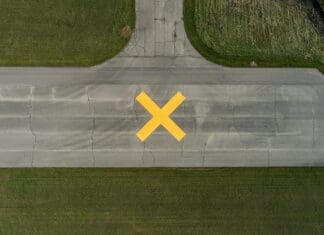This post is also available in:
 עברית (Hebrew)
עברית (Hebrew)
Once reserved for Federal agencies like the National Security Agency, local police departments are now using high-end surveillance technology. The police have recently incorporated some of the most superior surveillance technologies, allowing them to track individuals for different purposes.
 The New York Police Department for instance has a data system which connects 3,000 surveillance cameras with license plate readers, radiation sensors, criminal databases, and terror suspect lists. The City of Oakland, California, as part of its Domain Awareness Center, is installing a system which integrates public and private cameras and sensors all over the city into a single, $10.9 million mass surveillance system.
The New York Police Department for instance has a data system which connects 3,000 surveillance cameras with license plate readers, radiation sensors, criminal databases, and terror suspect lists. The City of Oakland, California, as part of its Domain Awareness Center, is installing a system which integrates public and private cameras and sensors all over the city into a single, $10.9 million mass surveillance system.
The New Republic notes that cities are collecting and processing large amounts of data for routine law enforcement missions, but the ramifications of such capabilities go beyond law enforcement duties. Several law local enforcement agencies have access to technologies that can track an individual’s social media posts, or track an individuals’ whereabouts by keeping an eye on their use of commuter toll payments.
Privacy advocates question whether there is a system in place to keep in check access to the private information collected, and whether rules to govern the use of such information are being followed.
IHLS – Israel Homeland Security
Proponents of the Domain Awareness Center in Oakland say it will help reduce the city’s high crime rates, but critics are concerned that the treasure trove of stored private information might be used unethically. The New Republic notes that data-mining and processing are now offering big business opportunities for software companies
According to HLS News Wire some local and state level law enforcement departments have rejected advanced surveillance systems. Iowa City for one, has recently imposed a moratorium on license plate readers. The Virginia State Attorney General declared that the state’s method of collecting and storing data, including data collected at political rallies, violated the state’s Government Data Collection and Dissemination Act. His decision led to the deletion of millions of license plates collected by surveillance cameras at political events.
Experts say that surveillance technology will only become more sophisticated and data collection capabilities will only advance as these technologies become more affordable and simple to implement. Government and the public must develop and improve existing rules for the management of data collected by law enforcement agencies in order to maintain privacy rights. Established rules must be adapted to new technologies and applicable across multiple jurisdictions for consistency.



























